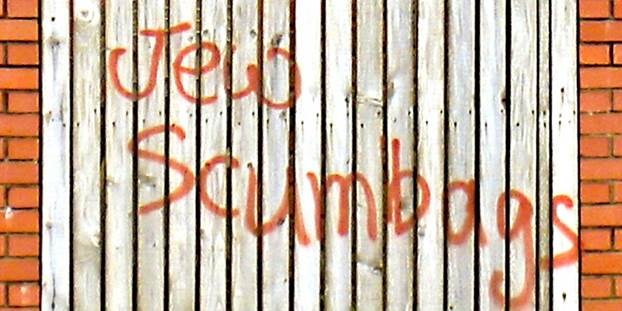On nationalism polarisation and hopes for peace
Like so many of us we have watched with increasing horror and alarm at the wicked deeds of Hamas and the resulting barrage in Gaza. As I write the land invasion appears to be imminent and one of the most densely populated areas is awaiting its fate. Part of me yearns for the era of consensus prosperity and optimism we had 30 years ago. Now our world is so uncertain and our belief in our own moral legitimacy is challenged. From China to India, between Brexit and Remainers, from Trump to Boris Johnson, there’s a new strand of nationalism afoot that threatens to polarise our opinions – between ultra nationalists and the waning liberal establishment. The more polarised we become the greater the frictions are within society as we are forced to make binary decisions, when more informed debates might have yielded a far more sustainable result – look at the debacle of HS2. Like in the decline of the Roman Empire, white elephants and hubris hide the cracks within.
As mediators we like to think of ourselves as outwardly centrists whatever our personal beliefs. We see the possibilities of getting to ‘Yes’ when those about us are determined to create positions and opposites that each side says it’s plan is irredeemably correct, legal and apposite. Look at Boris’s attempt to prorogue parliament; the branding of asylum seekers as worthless gold diggers; look at Netanyahu’s intended emasculation and politicization of the courts in Israel, or Putin’s desire to defend mother Russia. Where I ask is the respect the tolerance and the innate kindness to our fellow beings. Where are the values that we espoused in those heady days when we thought democratic principles would make us moral exemplars that everyone in other spheres seeks to emulate? Our confidence has evaporated as like a mouse that ceases to roar, we squeak, and who listens now anyway.
The question of Israel and Palestine of course has been an ongoing diplomatic nightmare that spans all the post war eras of reconstruction, growing prosperity, and the evangelisation of democratic mores. The lack of vision by those on each side, and the demonisation of each to the other, all that has pushed the sides further and further apart. Ideas of how to create a sustainable peace have been shelved for short term commentaries on each – the occupation and creeping annexations by Israel to some condemns all Jewish Israelis as colonialist oppressors; the dreadful attacks by Hamas condemn all residents of Gaza as ‘human animals’, a phrase that reminded me of the ‘cockroaches’ in Ruanda. Have we not learnt that grief should not be used as a weapon of war. Whilst it is entirely right that we should mourn the dead, we should also fight instead for the living. That is why I used this platform to beg for diplomacy in there to be given more space and more time. Collectively punishing the whole of Gaza for the sins of its awful government will beget more violence and retribution. The safe return of hostages is paramount, and no hostage negotiator would welcome a pugnacious visceral response. Give Palestinians hope that they can improve their lives; give them confidence that democratic elections can rid them of awful governments as I hope will be the case in Israel; grieve but stop the killing, and give each other on either side a degree of respect, recognition and confidence that a sustainable solution can be found whether that be one state or two. In the words of Khalil Ghilbran
“The whole earth is my birthplace, and all humans are my brothers”
I beg and pray that good people will hold off the ground attack of Gaza; that the hostages can be released; that Gazans yield up those that committed heinous crimes; that Israel allows Gaza to return to a better normality than before; that then serious dialogue takes place to create a lasting and sustainable peace in the Holy Land, where those of faith and none, can live together or next to each other in peace harmony and as good neighbours. Shalom Salaam.
Anthony Glaister 17/10/23




















